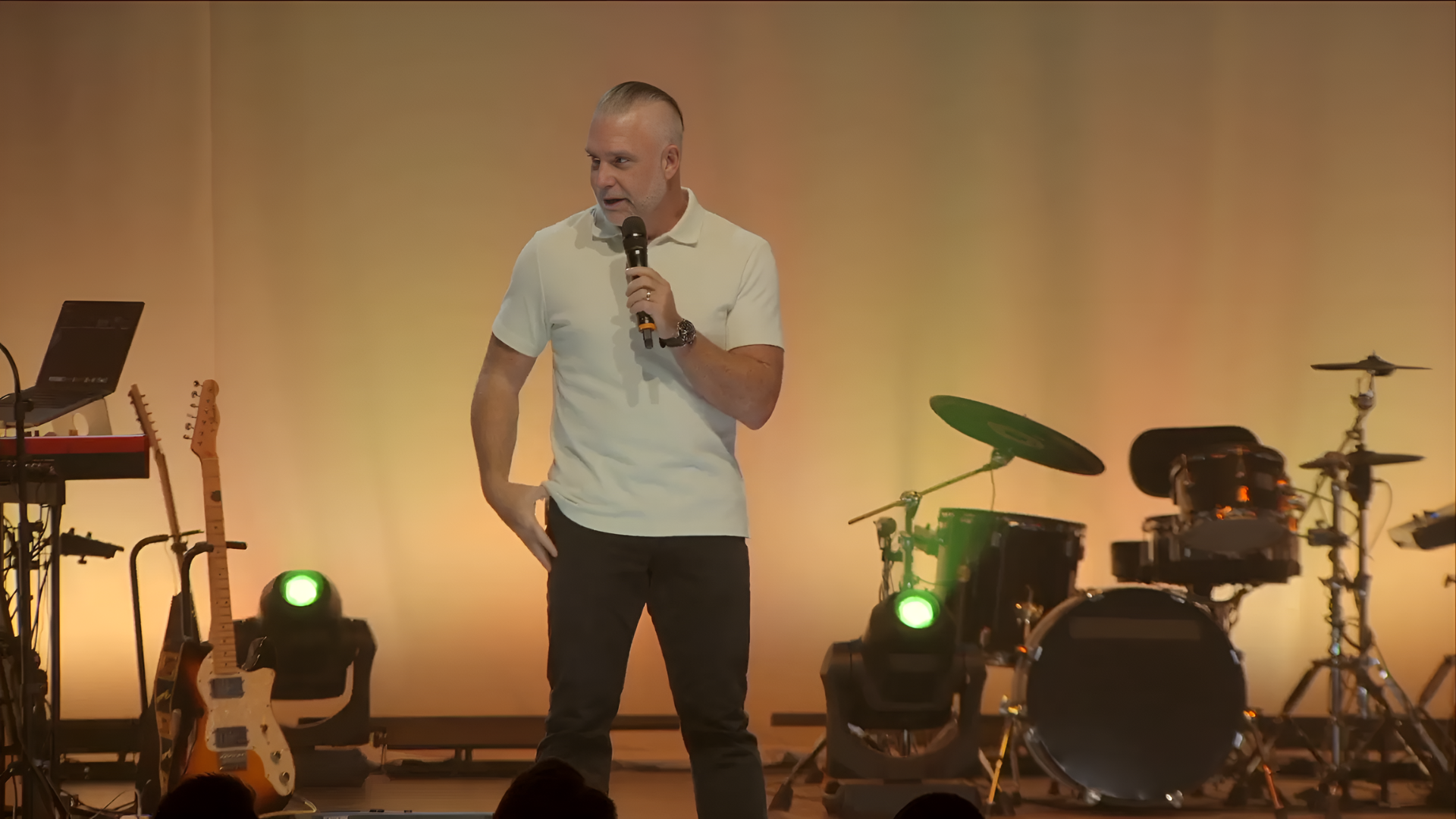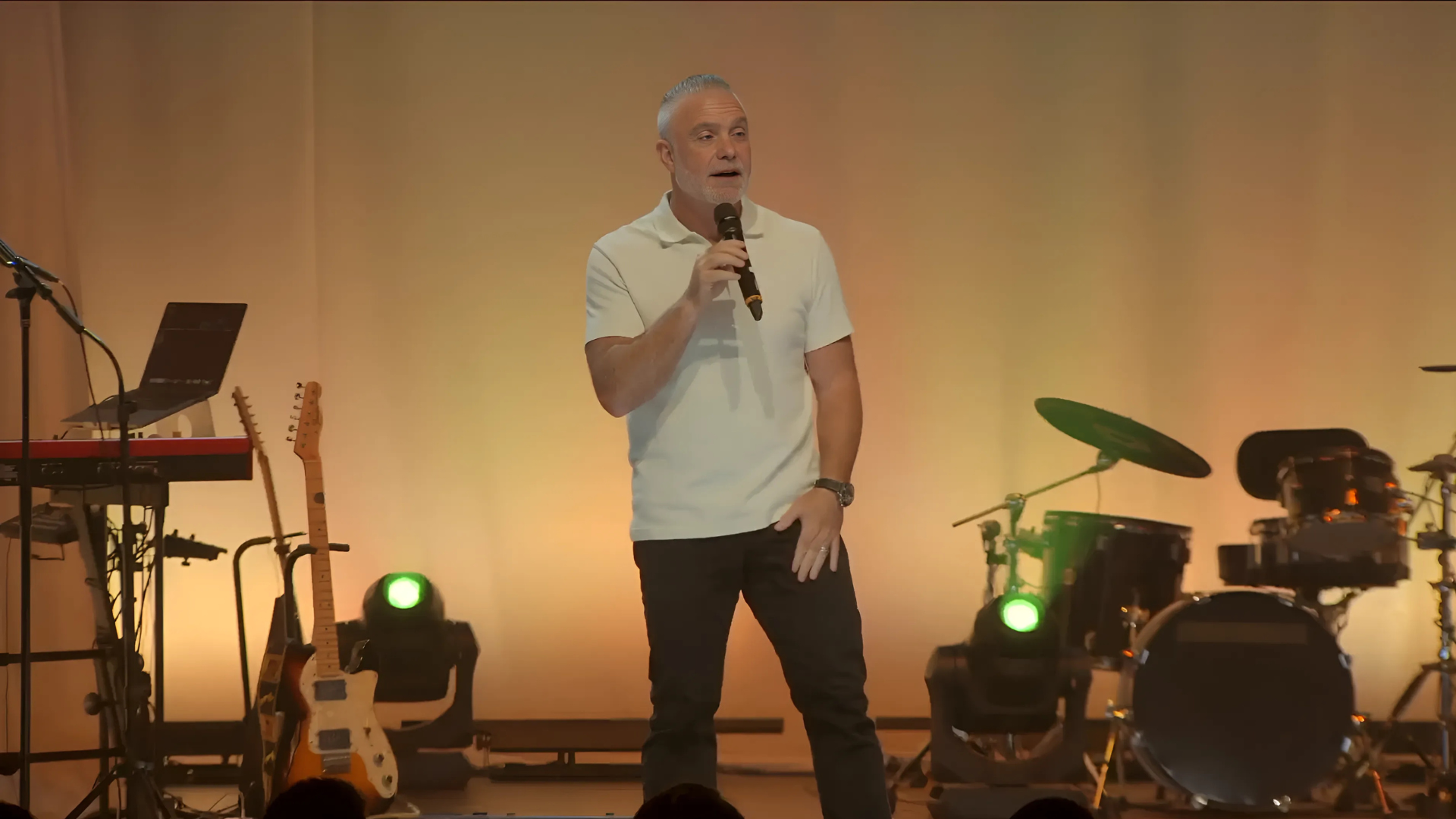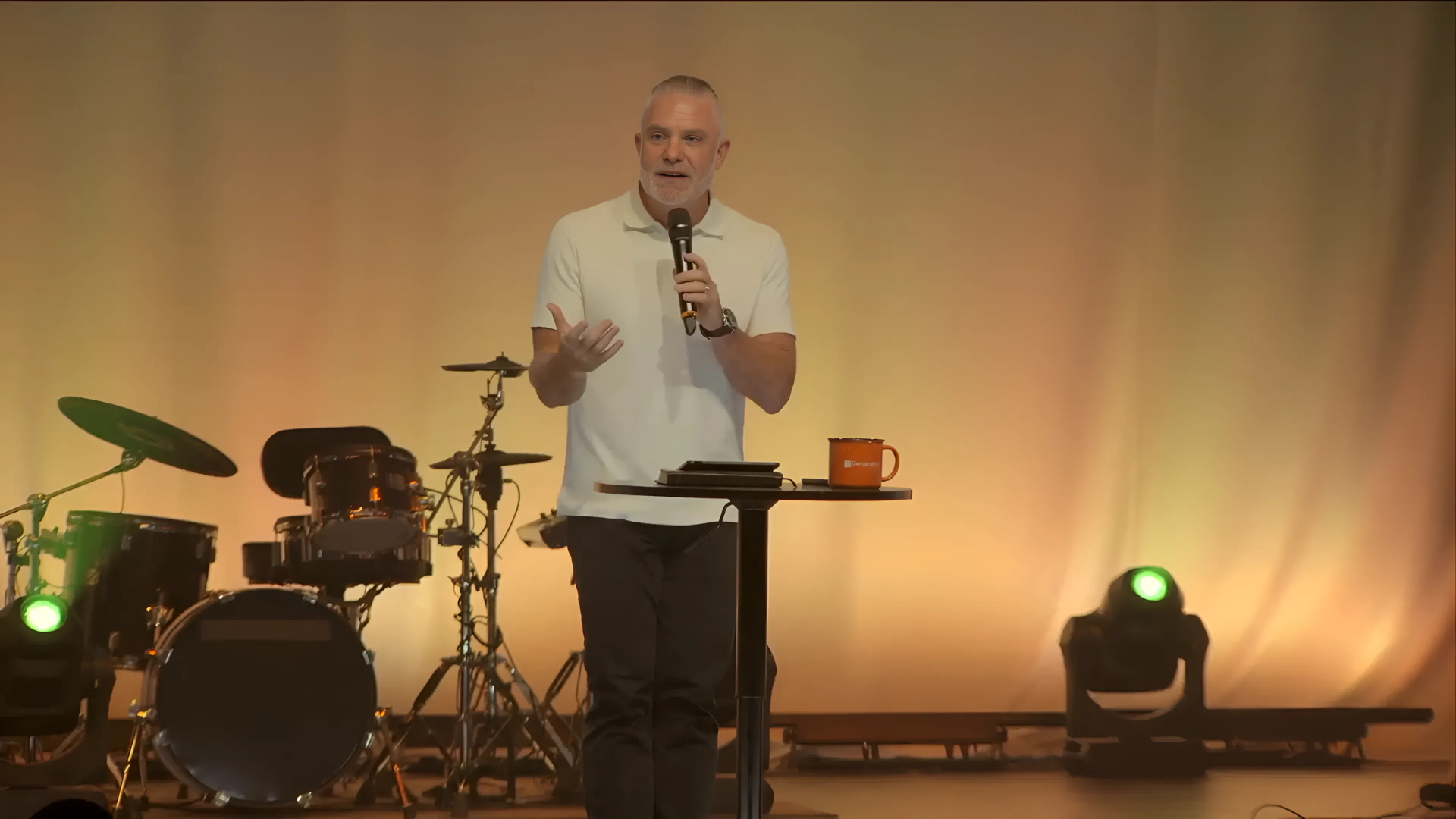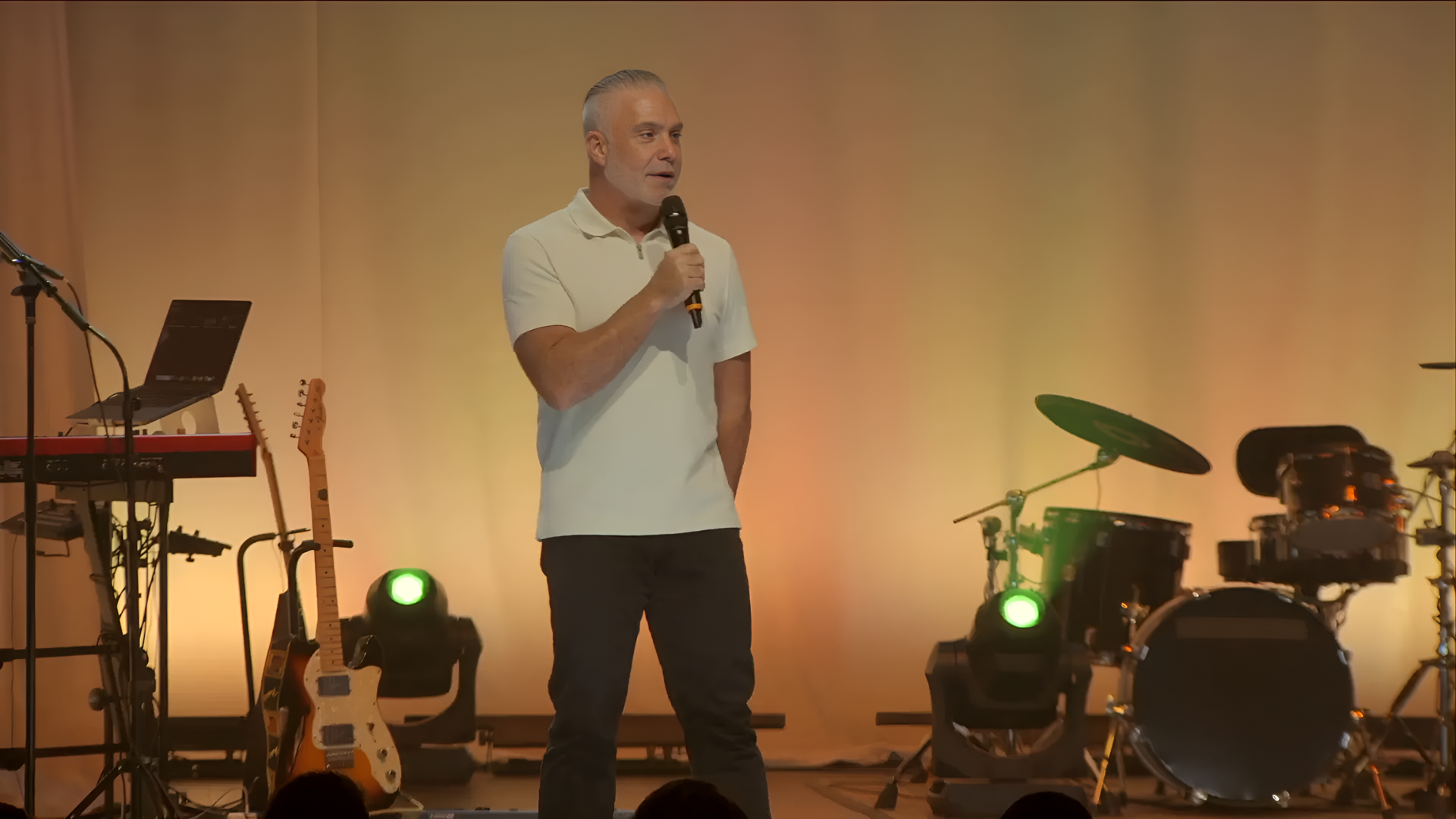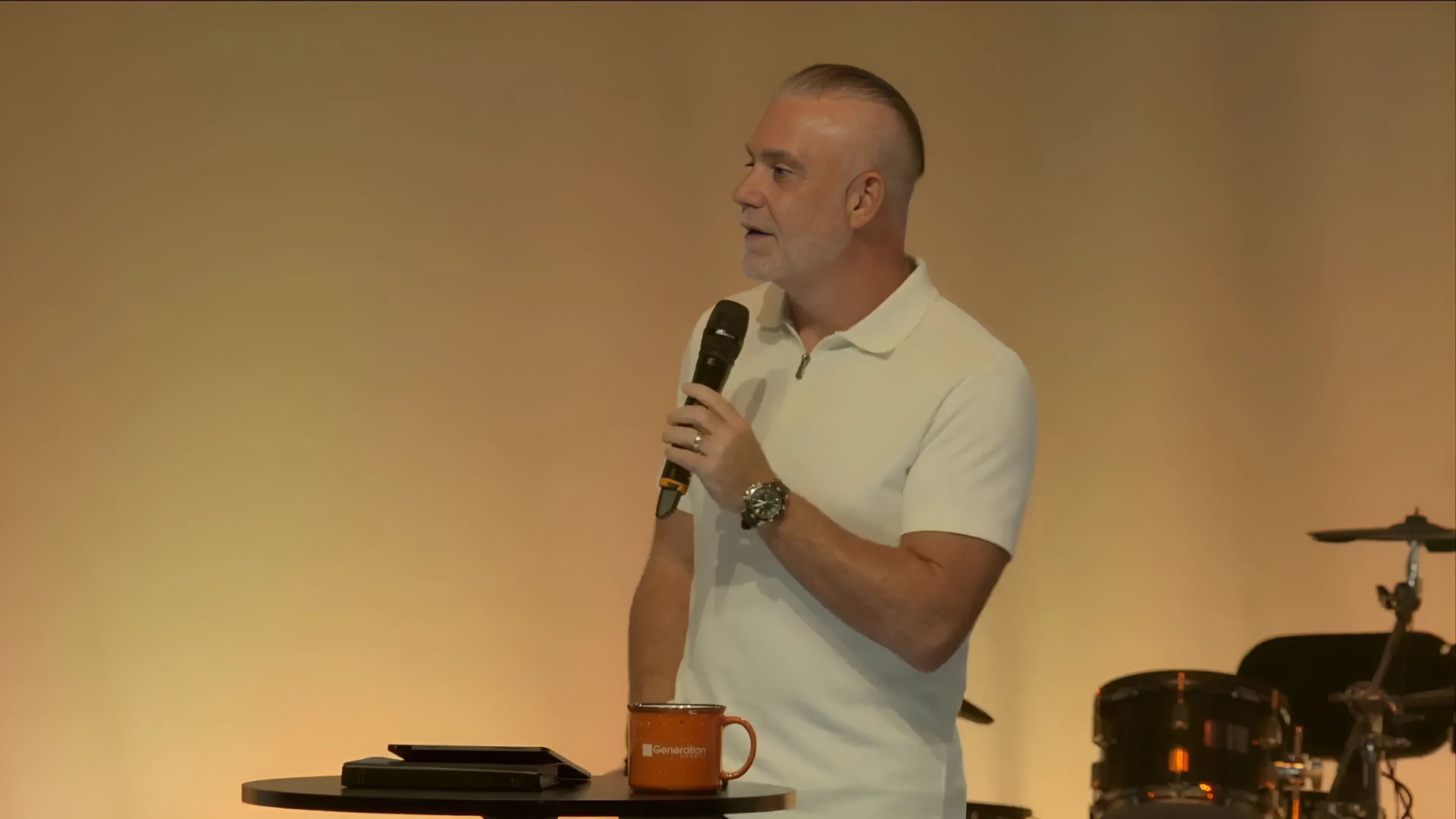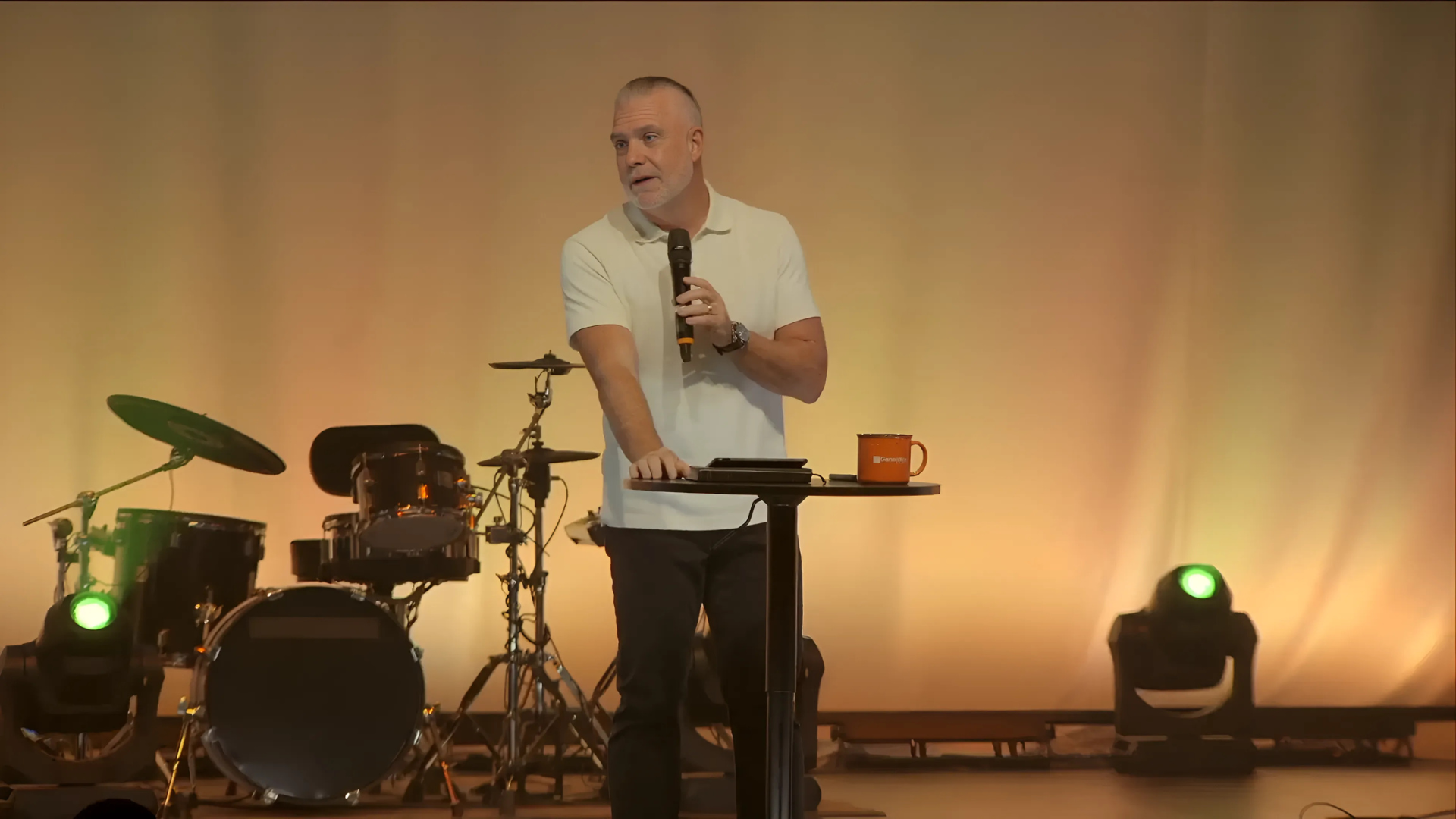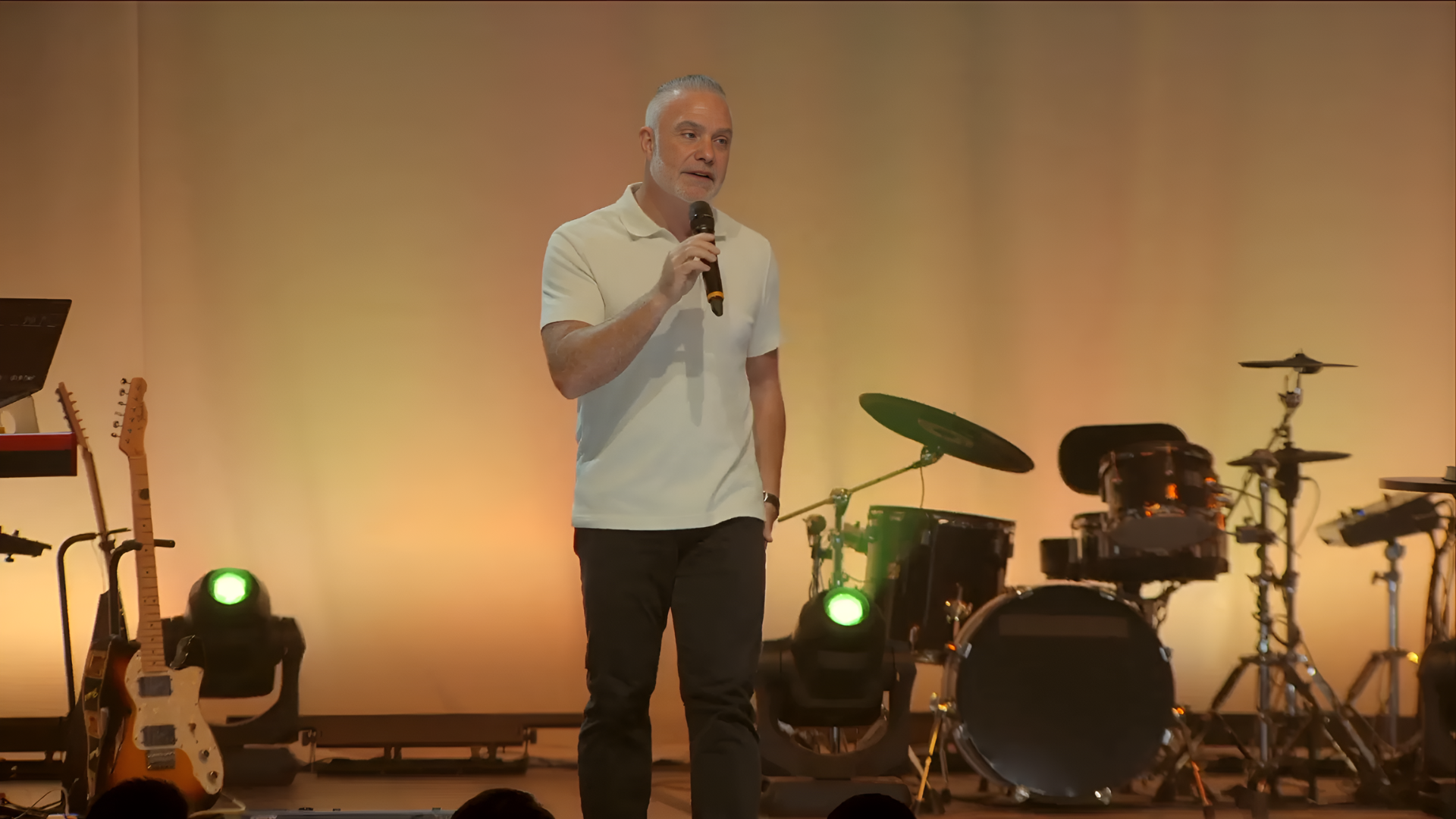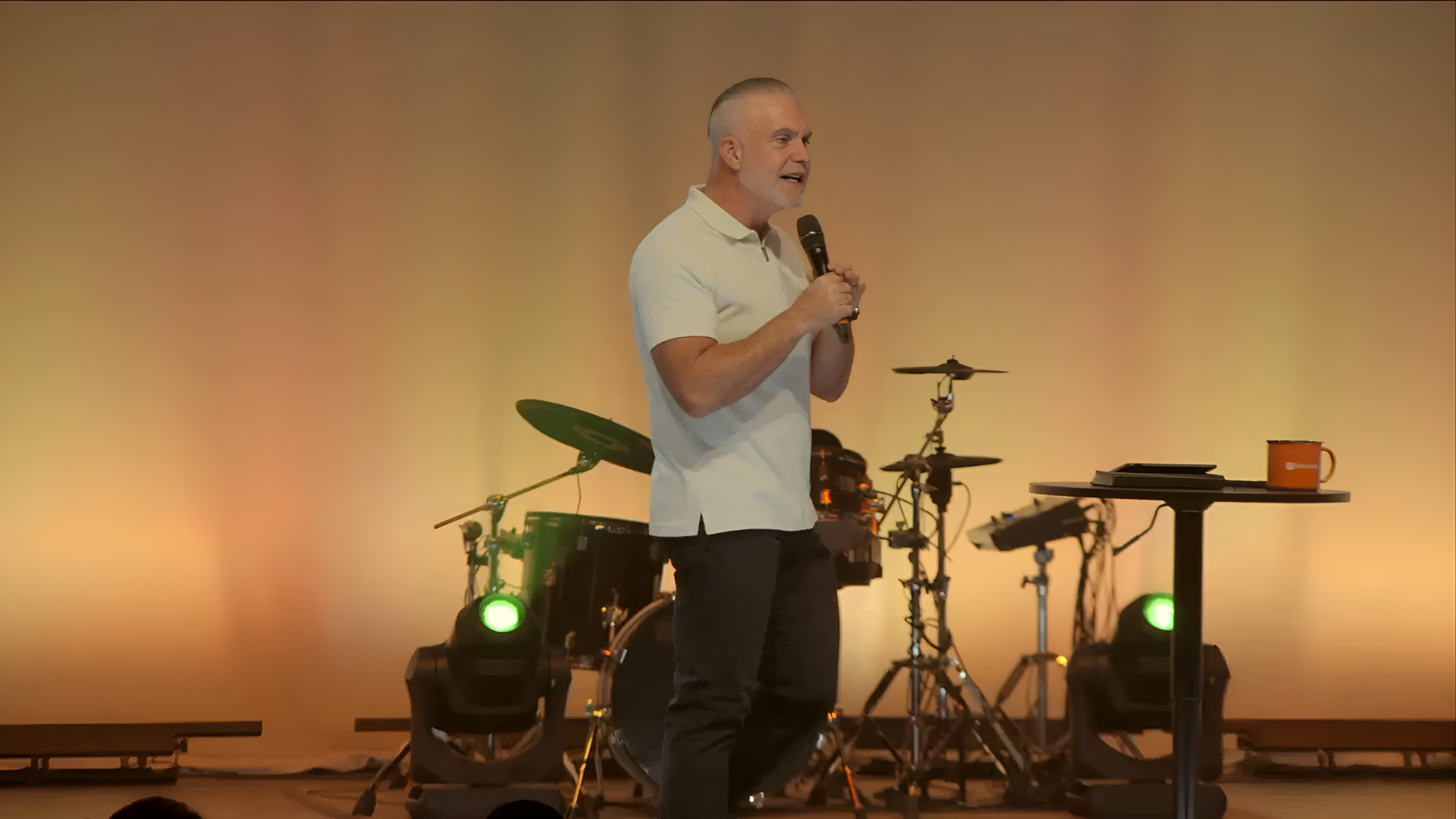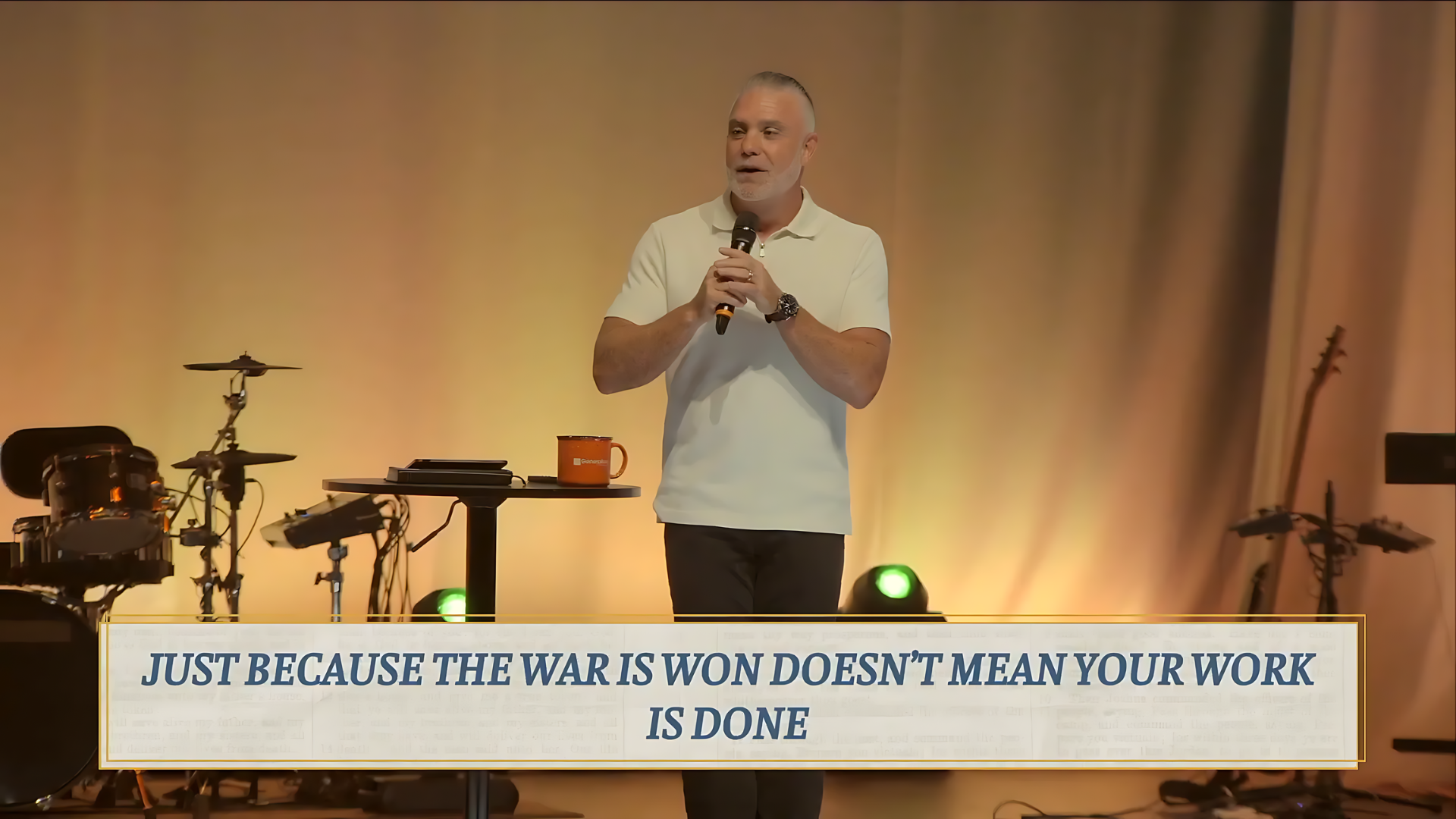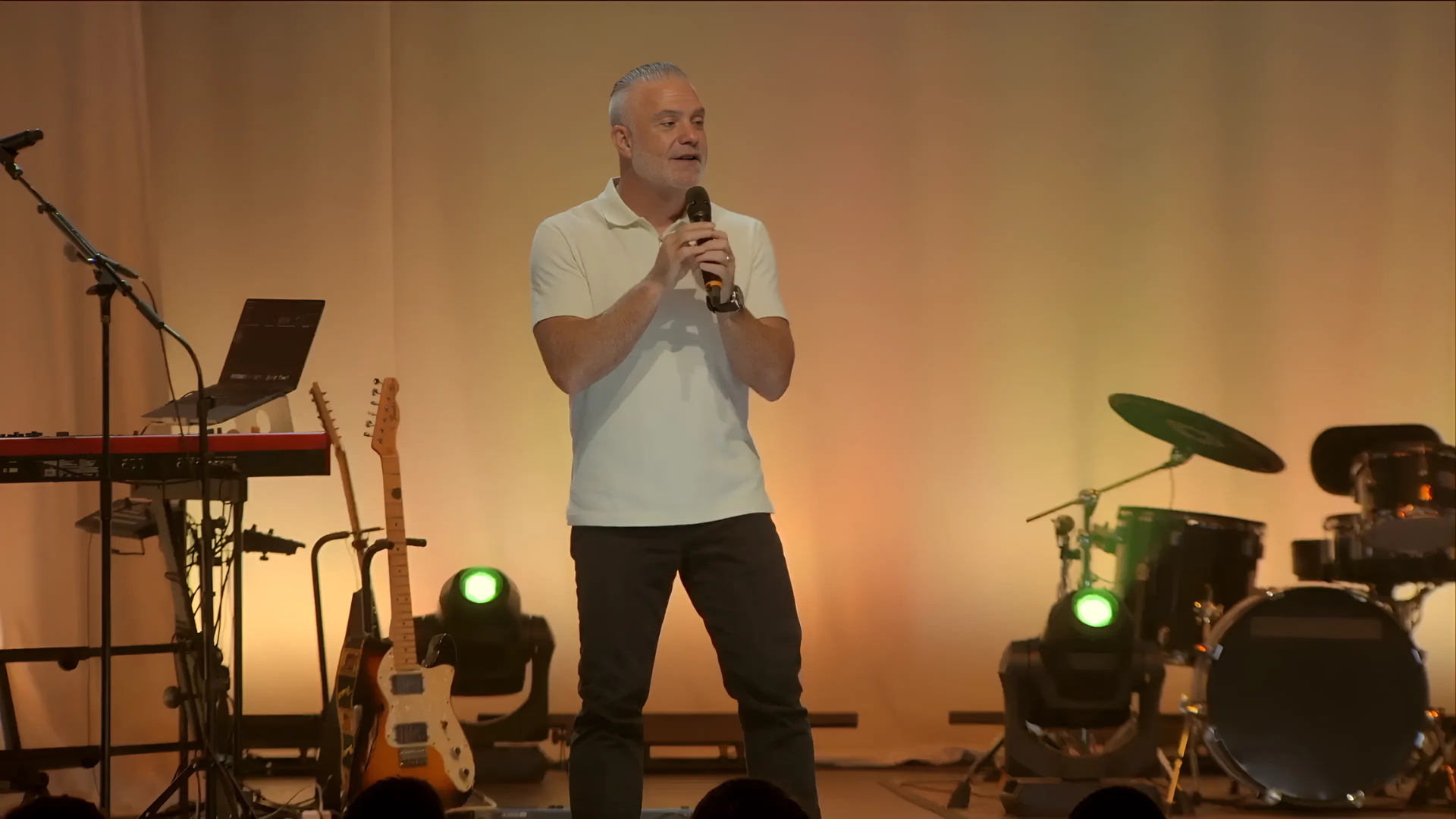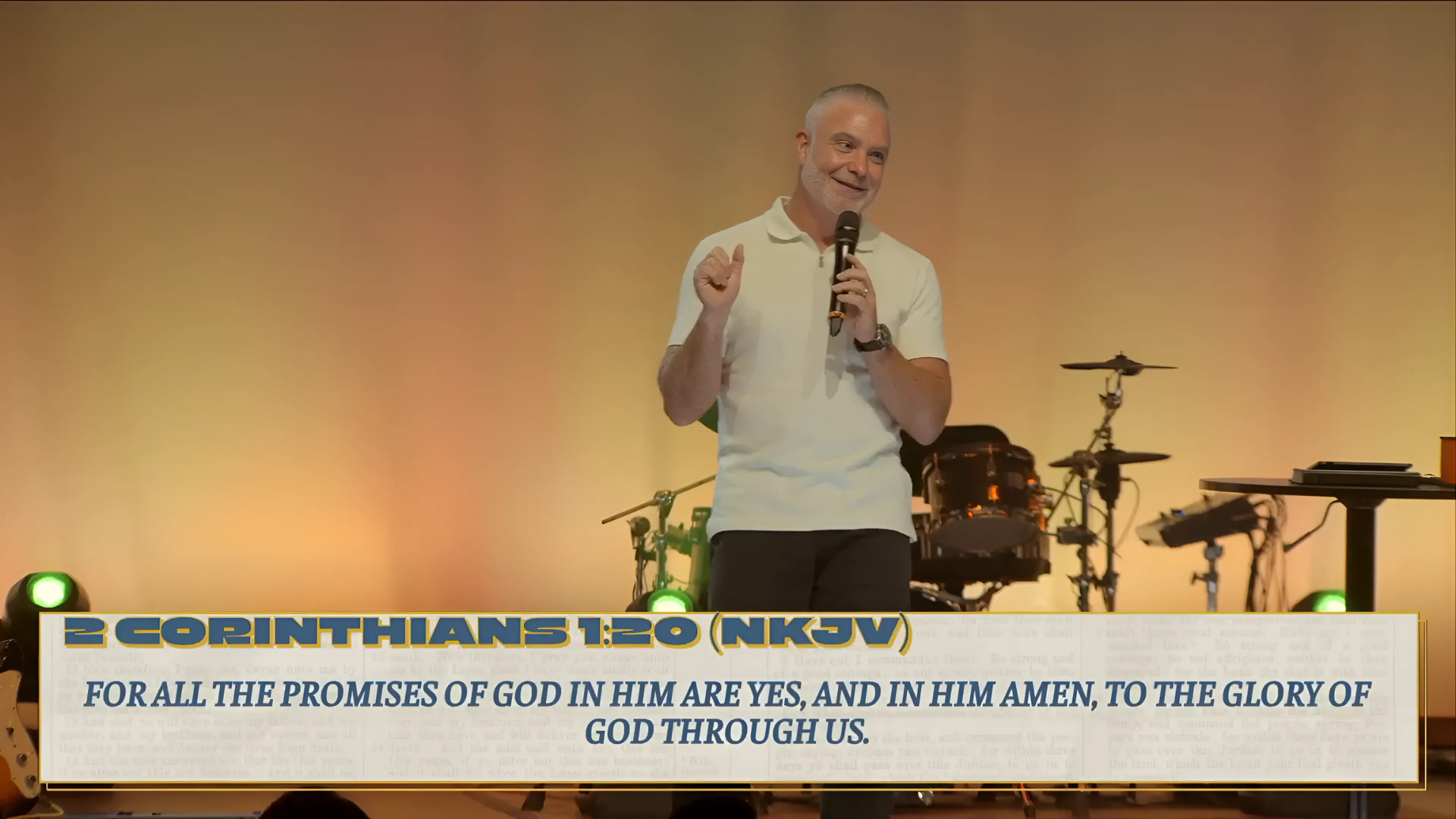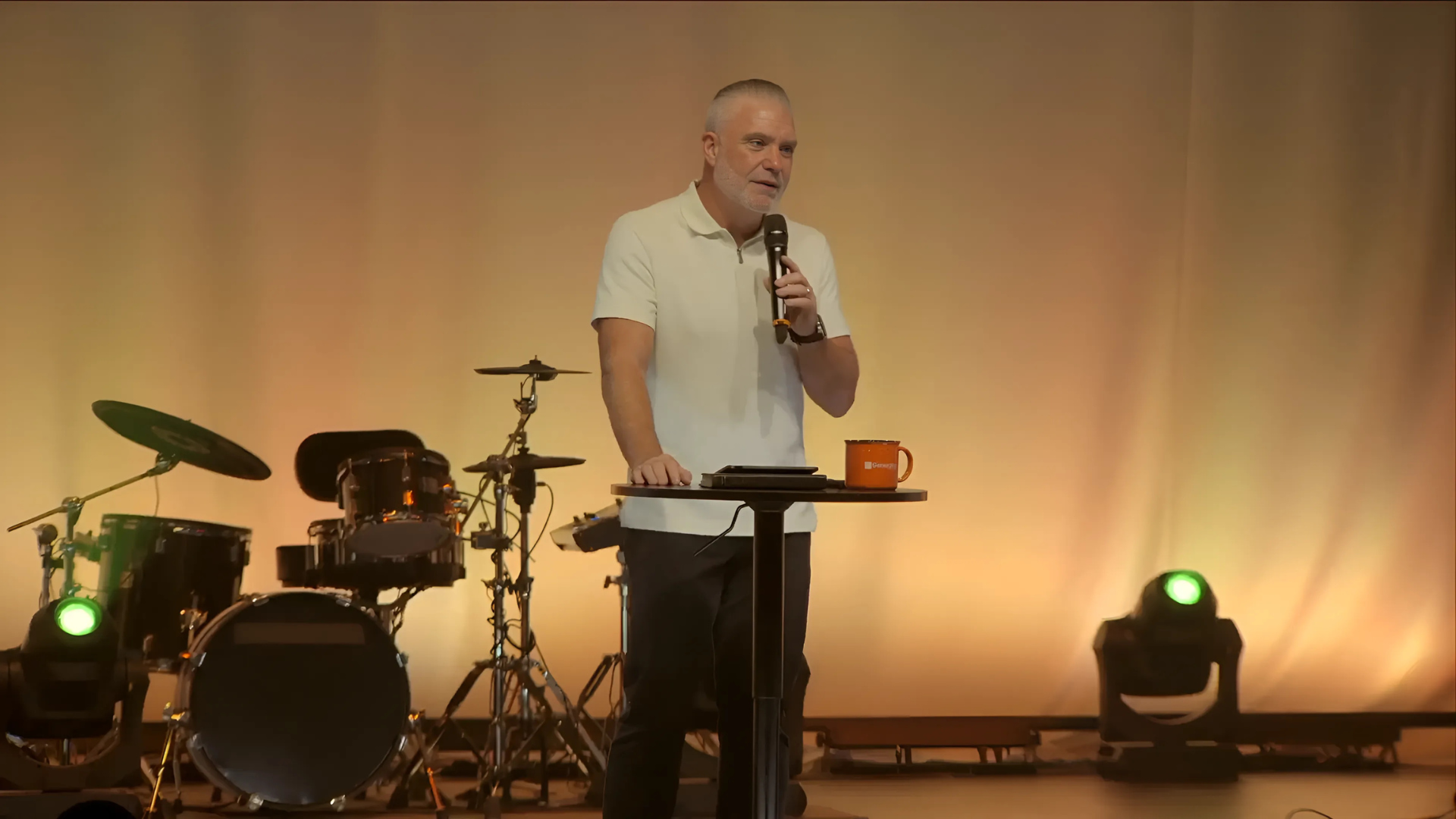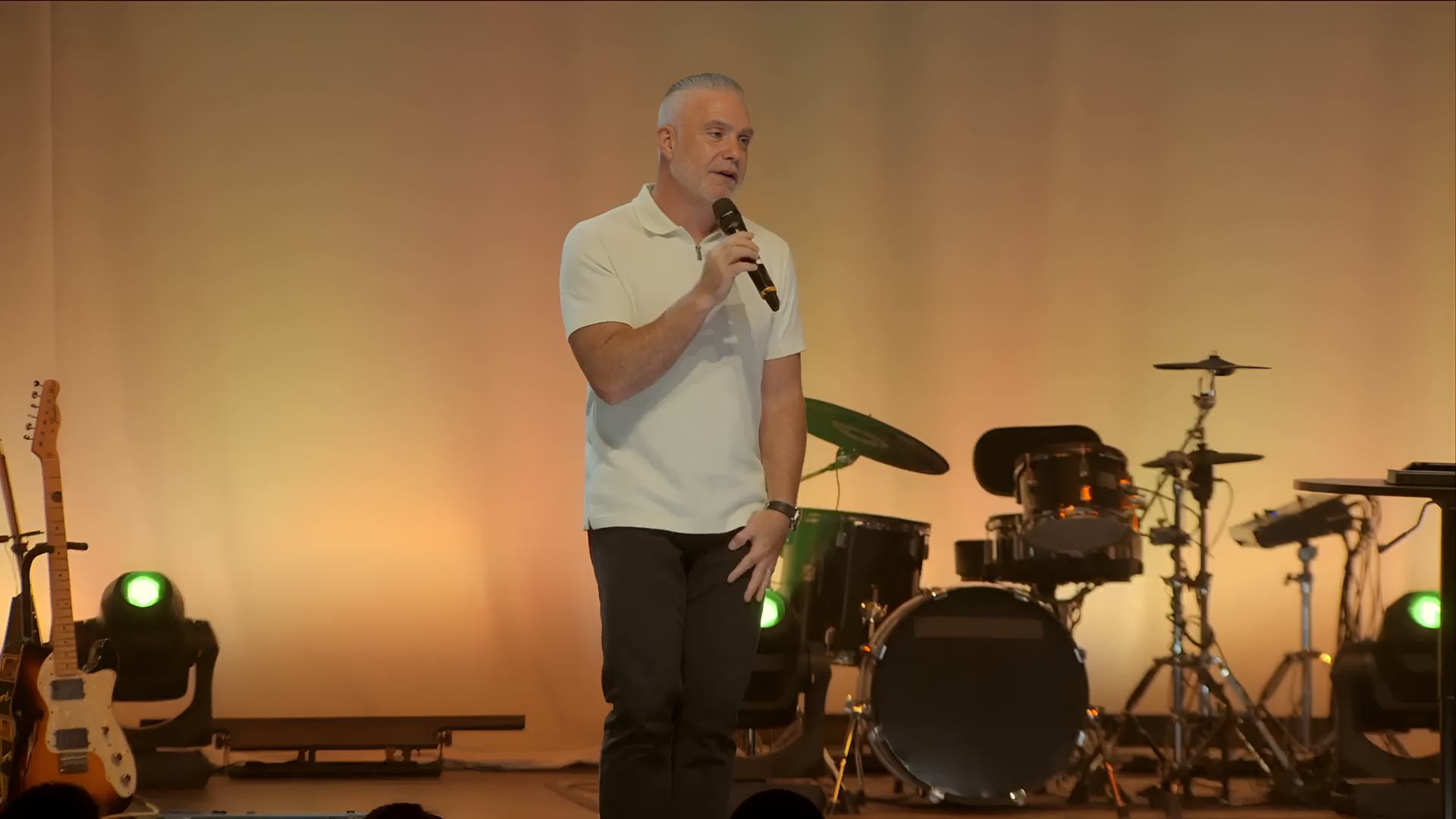Joshua | Week 3 | Pastor Ben Pierce
Welcome to an empowering journey through the book of Joshua, led by Pastor Ben Pierce of Generation Church, FL. This message is crafted to inspire every believer to understand God’s promises and actively live in and possess those promises. Whether new to the faith or seeking a deeper walk with God, this teaching offers practical wisdom and spiritual encouragement to help you advance your purpose and destiny.
Introduction: From Preparation to Possession
The Book of Joshua is more than an ancient story of battles and conquests; it is a spiritual roadmap for every believer striving to claim new territory in life. While the Israelites physically fought to take the Promised Land, we face spiritual battles that require faith, obedience, and persistence. God has a unique inheritance for us, a collection of promises tailored to our lives and destinies. Yet, having these promises is different from living them out.
Pastor Ben Pierce begins by reminding us that before God places us, He prepares us. A heart transformation and divine preparation preceded the Jordan River crossing and Jericho’s battle. Keeping our eyes on God’s presence, not the obstacles, is crucial as we fight spiritual battles to possess our inheritance.
Rooting Yourself to Bear Fruit: The Importance of Engagement
One of the key challenges in modern church culture is the tendency toward spectating rather than participating. Pastor Ben highlights the importance of “Next Steps,” a program designed to help believers put down roots in their church family and discover their purpose. He draws an analogy between fruit trees and spiritual growth: a fruit tree without roots cannot produce fruit. Similarly, believers who do not engage deeply with their faith community or spiritual disciplines may struggle to bear lasting fruit.
Engagement through Next Steps is a practical way to move from spectator to participant, enabling you to grow spiritually and begin to produce the fruit God desires in your life. This active participation is foundational to living out the promises God has for you.
Overcoming Obstacles: Lessons from Jericho
In the previous weeks, we explored how God prepares His people and how they must focus on Him. Week two focused on overcoming obstacles by possessing God’s promises. The 31 cities and kings mentioned in Joshua symbolize various barriers to God’s blessings in our lives. Sometimes, obedience requires faith even when God’s instructions seem illogical.
Take the example of the battle of Jericho: God commanded the Israelites to march around the city walls silently for seven days, only to shout on the seventh day, causing the walls to tumble. Militarily, this was an unusual strategy, but it was a divine plan. Likewise, we may face situations where God calls us to act in faith, even if it doesn’t make sense. Obedience, even in uncertainty, is a key to victory.
Another vital lesson comes from the story of Achan, who took devoted things from Jericho, causing a spiritual poison that hindered Israel’s progress. Sometimes, unresolved sin or negative attitudes can poison our promises. We must purge these hindrances to enjoy the blessings God intends fully.
Living Where God Leads: Moving Beyond the Miraculous to the Practical
Having an inheritance doesn’t automatically mean knowing how to live in it. The Bible contains around 7,500 promises from God, but many believers struggle to access or activate them fully. Pastor Ben uses a powerful analogy: it’s like having $10 million in a bank account but not knowing the account number. Without the account number, the money is inaccessible.
This week’s message focuses on “Living Where God Leads,” specifically exploring Joshua chapters 10 through 15. The Israelites had fought battles and taken ground, but now they had to settle in, sow seeds, and reap the harvest. This transition from miraculous manna in the wilderness to working the land in the Promised Land represents the shift from relying on God’s direct provision to partnering with Him through diligence and faith.
While manna was a miraculous daily provision that couldn’t be stored or multiplied, the Promised Land offered abundant potential fields, animals, cities, and temples. However, this abundance required hard work, participation, and perseverance. It was not a place for part-time followers but for committed believers actively living out their faith.
Praying the Impossible to Occupy the Improbable
In Joshua 10, during a critical battle, Joshua boldly asks God to make the sun stand still so they can finish their victory. This extraordinary event shows us the power of praying for the impossible. We are encouraged to ask God for miraculous intervention when faced with insurmountable obstacles.
“We have to pray the impossible to occupy the improbable.”
Joshua’s faith teaches us that even when the odds are against us, God can make a way where there is no way. It’s normal to feel inadequate spiritually, emotionally, or circumstantially, but God invites us to pray boldly. He can do “exceedingly abundantly above all that we ask or think” (Ephesians 3:20), and that power works within us.
Pastor Ben reminds us that recovery ministries are valuable but are steps toward complete freedom, not a permanent state. Jesus died so that we could be recovered, whole, and victorious. We are called to live in the fullness of God’s promises, not just partway.
Aligning Our Prayers with God’s Will
Praying the impossible requires alignment with God’s will. Sometimes our prayers seem unanswered because they are not fully aligned with God’s purpose. But this is not a reason to give up. Instead, it’s an invitation to dig deeper into God’s Word to understand His will.
1 John 5:14-15 teaches us that if we ask anything according to God’s will, He hears us, and we have the requests we made. The Bible is God’s written will, and immersing ourselves in Scripture helps us align our hearts with His desires.
God’s promises are a partnership between humanity and God. If we do not see the promises manifest, God often works to grow, stretch, and prepare us for greater things. Giving up is not an option because the promise is on the other side of the challenge.
Don’t Rest in Incomplete Conquest
Joshua’s story doesn’t end with the initial victories. In chapter 13, even as Joshua grows old, large land areas remain to be taken. God instructs Joshua to allocate the remaining land to the Israelites, emphasizing that the conquest is incomplete.
“Don’t rest in incomplete conquest.”
This principle applies to us today. We must pursue God’s promises entirely without settling for partial victories. Unfinished battles invite future struggles. The ancient Israelites faced ongoing challenges because they did not fully eradicate obstacles in the land, something we see reflected in modern conflicts.
Spiritually, this means not settling for a life of perpetual struggle or “recovery.” God calls us to be fully recovered, free, and victorious. There are promises of peace, freedom from fear, addictions, and old habits that He wants us to possess completely. We are called to live on the offensive, pushing back darkness, not just defending ourselves.
Caleb’s Example: Perseverance and Boldness at Any Age
One of the most inspiring parts of Joshua’s story is Caleb’s unwavering faith and strength at 85 years old. Caleb reminds us that age and circumstances do not limit God’s promises or our ability to take new ground.
When the people of Judah approached Joshua, Caleb boldly requested the hill country promised to him decades earlier. Despite the presence of giants and fortified cities, Caleb declared, “The Lord is helping me.” Joshua then blessed Caleb and gave him Hebron as his inheritance.
“You can’t just inherit; you must occupy.”
Caleb’s story challenges us to know God’s promises and actively live them out intellectually. It teaches us to engage with our inheritance, fight spiritual battles, and claim what God has promised.
Hebron: A Spiritual Anchor
Hebron holds deep spiritual significance. It was where Abraham built the first altar to God, purchased land to bury Sarah, and anointed King David before Jerusalem. For Caleb, Hebron was more than land; it was a spiritual anchor symbolizing God’s faithfulness and the fulfillment of promises.
Similarly, God’s promises serve as spiritual anchors for us. They are not arbitrary but meant to be grasped, lived in, and become the foundation of our faith journey. We are called to live where God leads, rooted in His promises, and empowered to make a lasting impact.
All the Promises Are Yes and Amen
2 Corinthians 1:20 reminds us that all God’s promises find their “Yes” in Jesus Christ. When God promises freedom, salvation, peace, or purpose, the answer is already “yes.” The challenge is to live in the reality of those promises, even when circumstances seem contrary.
Pastor Ben encourages believers not to lose heart if the promises seem delayed. Sometimes, we wait to see the promise fulfilled before fully believing. Instead, we must keep praying, thinking, and acting in faith because God has already given us the answer.
The word “Amen” means “let it be so” or “let it be done.” It’s a powerful declaration of trust and agreement with God’s Word. When we say amen to God’s promises, we invite them to manifest through faith and obedience.
Practical Steps to Live in Your Inheritance
- Pray Bold Prayers: Don’t be afraid to ask God for the impossible. His power is at work within you.
- Align with God’s Will: Study the Bible to understand His promises and will for your life.
- Engage Actively: Participate in your faith community and spiritual disciplines to put down roots.
- Persevere: Don’t give up when battles get tough. Keep moving forward with faith.
- Occupy Your Promises: Actively live out the promises God has given you, not just know them intellectually.
Community Prayer: Standing Together in Faith
Living in God’s promises is not a solo journey. Pastor Ben calls believers to support one another, pray boldly, and stand together as the body of Christ. When we lay hands on one another and agree in prayer, breakthroughs happen.
Whether your challenges are in relationships, finances, health, or spiritual growth, community prayer is a powerful tool for overcoming barriers and fully entering God’s inheritance.
The Most Important Inheritance: Relationship with Jesus Christ
All God’s blessings and promises flow from one foundational relationship: knowing Jesus Christ. If you have not yet decided to follow Jesus, this is the beginning of your inheritance. Jesus took on our sins and offered us His righteousness, making us heirs to eternal life.
Pastor Ben invites those who have never accepted Christ to pray and surrender their lives today. This decision opens the door to all God’s promises for you, including peace, purpose, and eternal hope.
Conclusion: Claim Your Promises and Live Boldly
The journey through Joshua challenges us to move beyond preparation and battles to possession and occupation of God’s promises. We are called not to be passive spectators but active participants in the faith journey. The inheritance God offers is vast and abundant, but it requires faith, obedience, and perseverance.
Remember Caleb’s spirit: God has more land for you to take, no matter your age or circumstances. Don’t settle for incomplete conquest or partial victories. Pray bold prayers, align with God’s will, engage fully, and occupy the promises God has given you.
As you live where God leads, you will experience the fullness of His blessings, purpose, and power. The best is yet to come!

